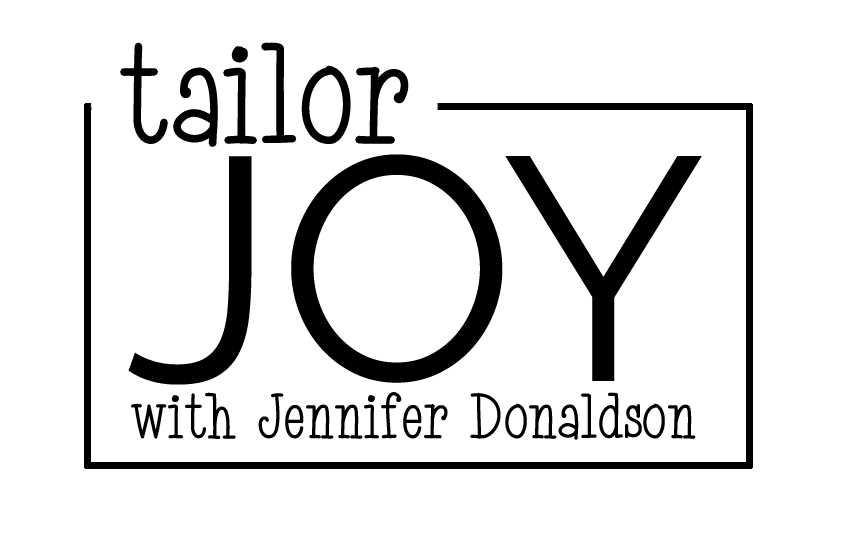
How would you finish this analogy - roots are to trees as _______ is to learning?
Analogies provide a good way to practice critical thinking, but knowing the common types of analogies will help you avoid just guessing the answer. Analogies focus on word relationships to explain two things by showing how they are alike. Analogies can help map familiar relationships with new information. There are numerous types of relationships, but the most common 10 analogy types are antonyms, synonyms, part/whole, cause/effect, tool/action, category/example, intensity, characteristics, pairs, and object/user.
The benefits of understanding analogies are developing flexible thinking skills, enjoying the powerful nuances of literature, and excelling at job interviews and homework help. Below are 10 common analogy types and examples.
Analogy Types and Examples
Antonym – hot : cold :: wet : dry
Synonym – nice : kind :: mean : bully
Part/Whole – leaf : tree :: petal : flower
Cause/Effect – stove : burn :: rain : flood
Tool/Action – keyboard : type :: phone : call
Category/Example – clothes : shirt :: silverware : spoon
Intensity – freezing : cool :: boiling : warm
Characteristic – fish : water :: bird : air
Pairs – salt : pepper :: peanut butter : jelly
Object/User – food : chef :: pencil : writer
Start young
Analogy practice can start at a young age when you teach opposites. Hot : cold :: happy : sad. You read that aloud as “hot is to cold as happy is to sad.” Or when you play a matching game with like colors or even like relationships (capital letters to match with lowercase letters or adult animals to baby animals). To take it a step further you can ask the child to come up with another pair for that analogy type.
One tip to remember is that the word order expressed in the first pair must be expressed in the same order in the second pair.
Build skills
Here’s a harder antonym analogy to complete.
Thankful : ungrateful :: gobble: _________ (content, devour, nibble, eat)
The relationship between thankful and ungrateful is that they are opposites or antonyms. So think of what it means to gobble and what would be the opposite of gobble. Content is similar to thankful so incorrect. Devour is the same as gobble so incorrect. Gobble is an intensity of eating so incorrect. Nibble is correct as it is the opposite of gobble.
Talk about analogies in literature, movies, or sports talk. Map similarities. Draw conclusions. Analyze a common analogy such as “life is like a box of chocolates – you never know what you’re gonna get” (Forrest Gump) or “time is money, so spend it wisely.” Don’t make it overly complicated. Have fun with analogies. Do not just memorize lists of analogies for a test or interview.
Try a challenge
Here’s a sample question from level 7 Analogies from English is for Everyone
RAIN : PRECIPITATION
1 salmon : seafood
2 snow : tundra
3 jungle : desert
4 pet : hamster
(Answer- Analogy type: type/kind
Precipitation is any water or ice that falls from the sky. Thus, rain is a type of precipitation. Salmon is a type of fish. Thus, salmon is a type of seafood. Therefore (1) is correct.)
Analogies will help you explain complex or new topics in familiar terms. Analogies can solve problems, generate ideas, and build empathy. Try some at the dinner table tonight, before or after you talk through the 10 analogy types.
Caramel : sundae :: _______ : shortcake
Can : soda :: tray : ________
(answers- strawberry part/whole and ice object/use. Note, there are sometimes various answers that could be correct so long as they follow the analogy type.)
Want more? Try searching for free analogy resources on Teachers Pay Teachers. This is a great website for parents, tutors, and teachers.
Want more educational ways to improve thinking? Go here.
Table Talk: Which analogy type was unfamiliar to you? What would you pair with salt is to pepper as _____ is to ______ ?
